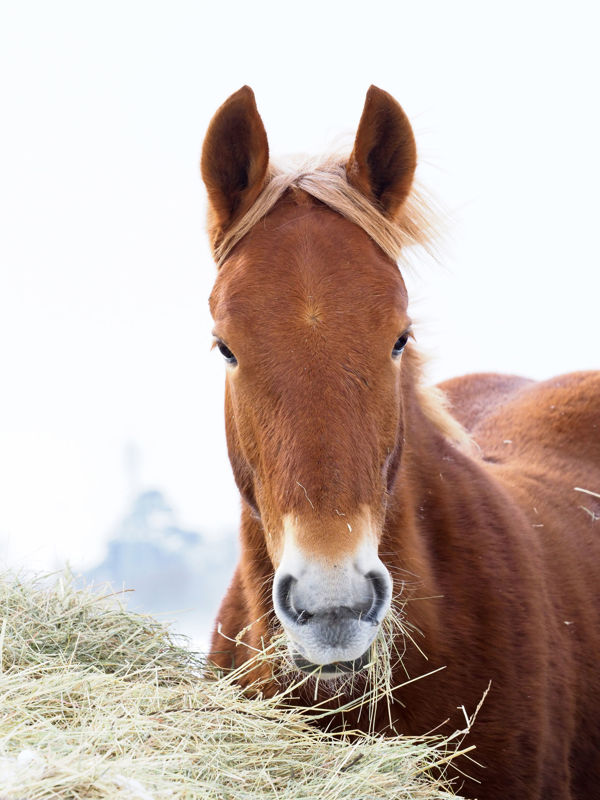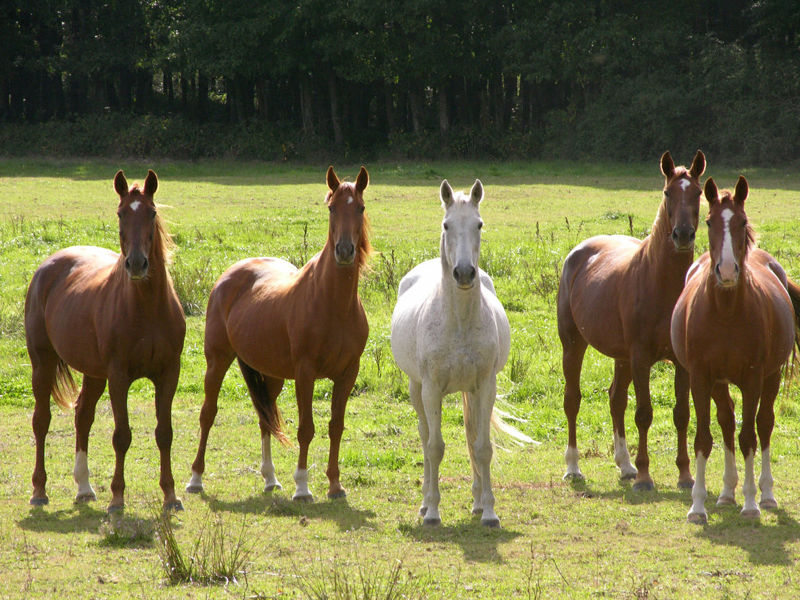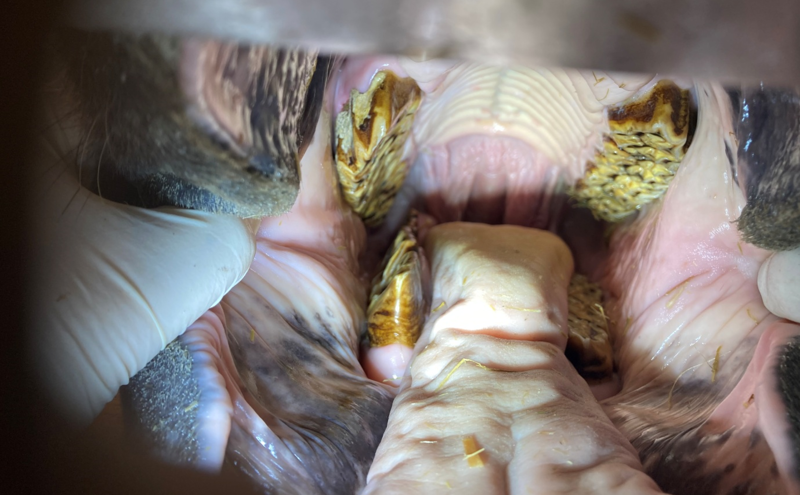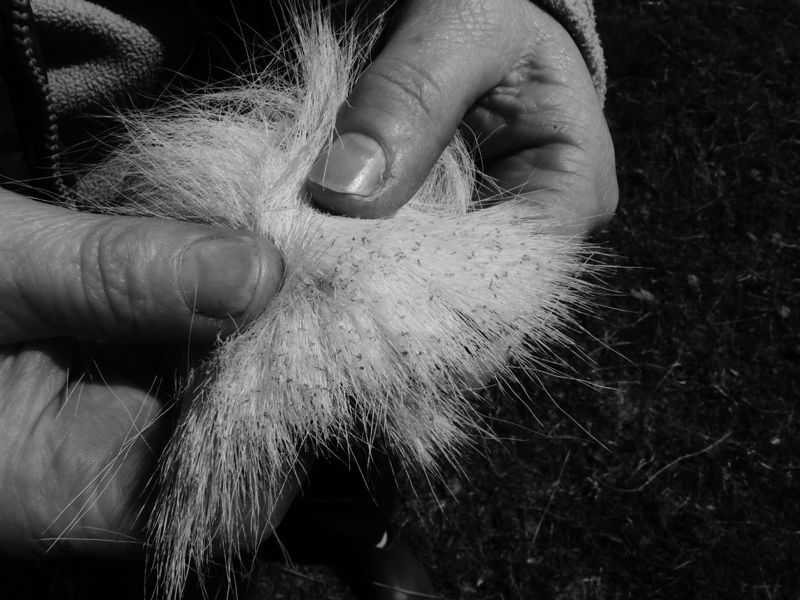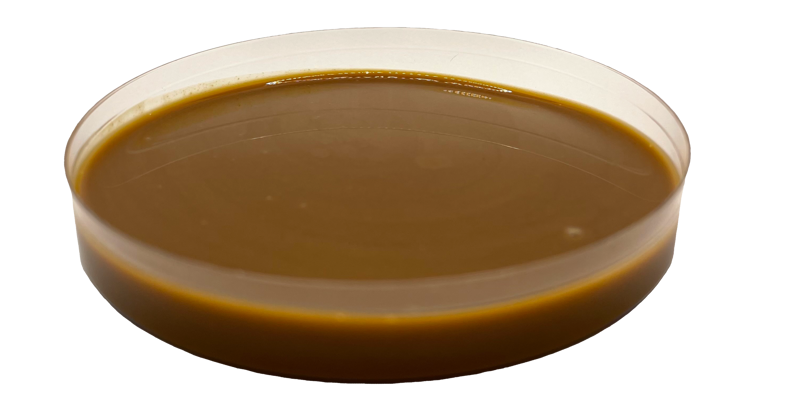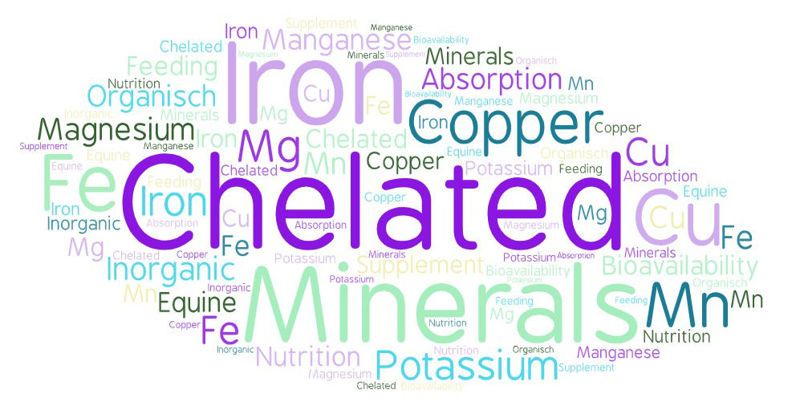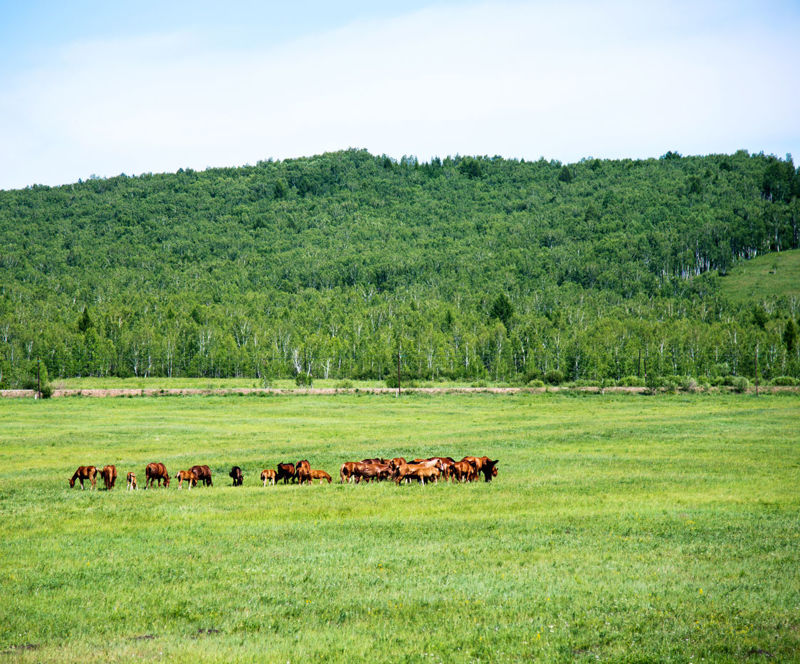Winter conditions vary dramatically between various regions, as does the tolerance of individual horses to changes in temperature, precipitation, and wind. Rebecca Allan gives an insight into thermoregulation and the horse's requirements.
Feeding horses seems to have become a complicated business. This short article written by Dr. Stephanie Wood outlines the key points to consider when deciding what to feed your horse and in what quantities...
Andrew Peffers BVetMed Cert AVP (Equine Dentistry) BAEDT MRCVS takes an in-depth look at some dental diseases affecting horses, and explains why regular dental care is so important.
External parasites pose a threat to horse health and cause irritation and distress. Rebecca Allan, Assistant Nutritionist, investigates how to manage and prevent equine lice and mites.
Essential fatty acids have become a common topic when discussing equine nutrition, mainly due to our increased understanding of their integration into cells and tissues, and their important functions in physiological processes. Dr. Stephanie Wood reviews the structure and function of essential fatty acids...
Minerals have important functions in the horse’s body and therefore are an essential part of the horses diet. Senior Nutritionist, Anouk Frieling investigates the benefits of chelated minerals in equine nutrition.
Horses turned out on grass are likely to have issues with parasites throughout their life. Anouk Frieling, Senior Nutritionist, investigates the importance of controlling and managing parasite infections.
